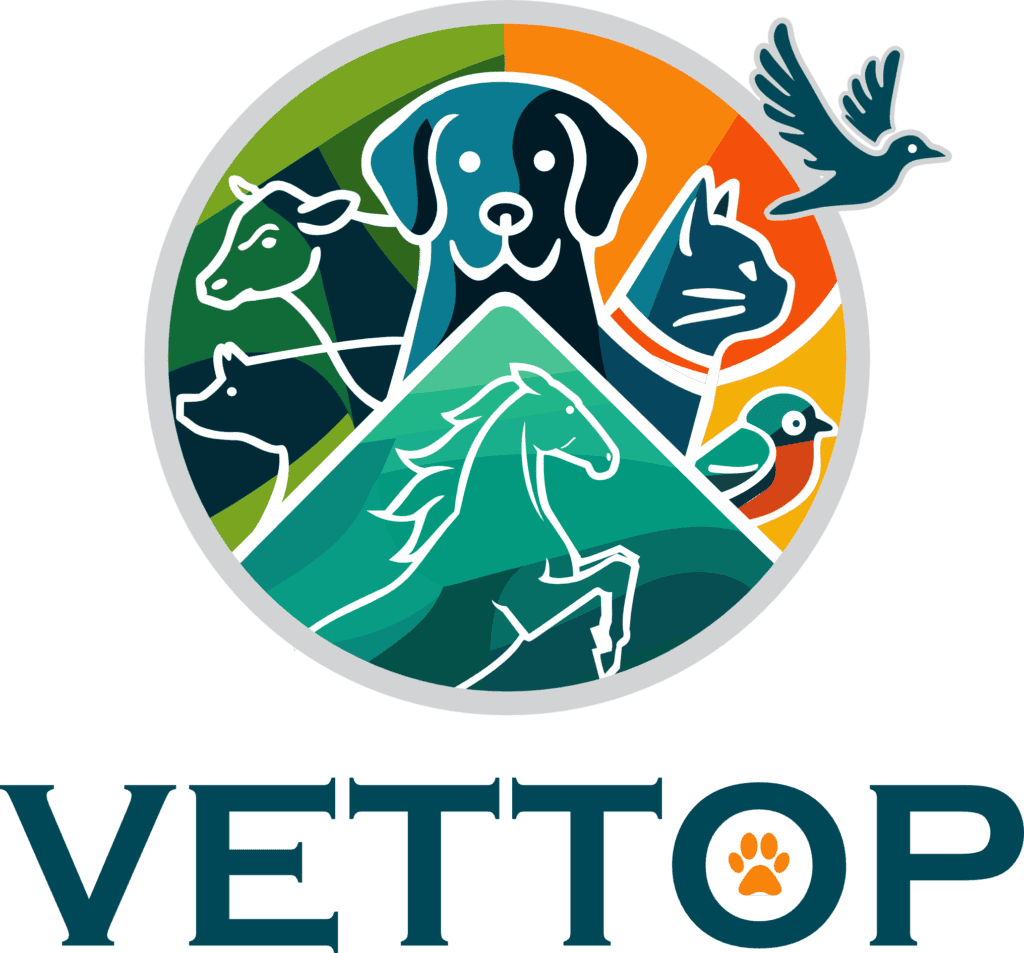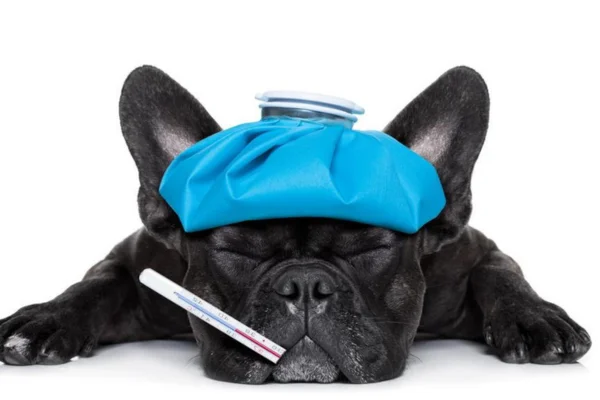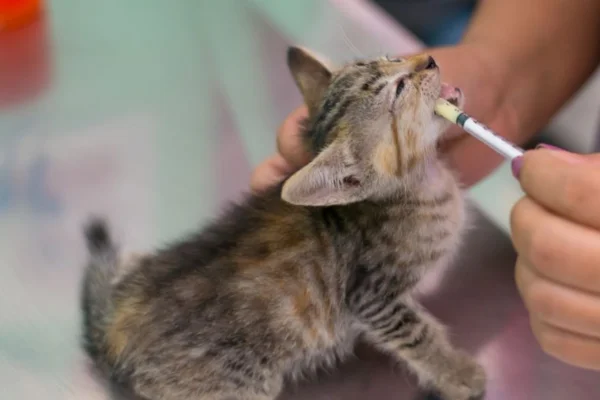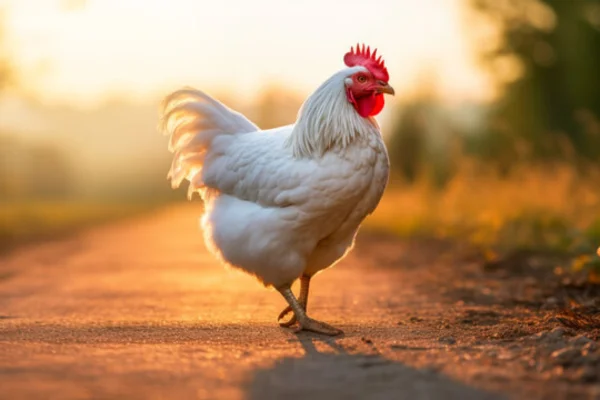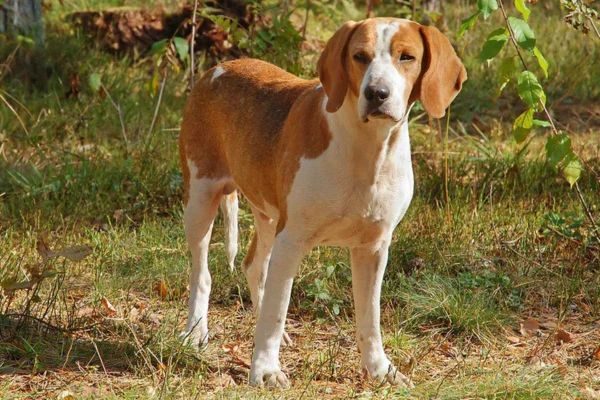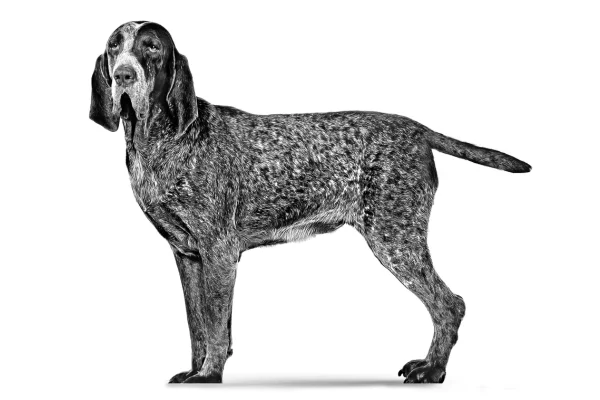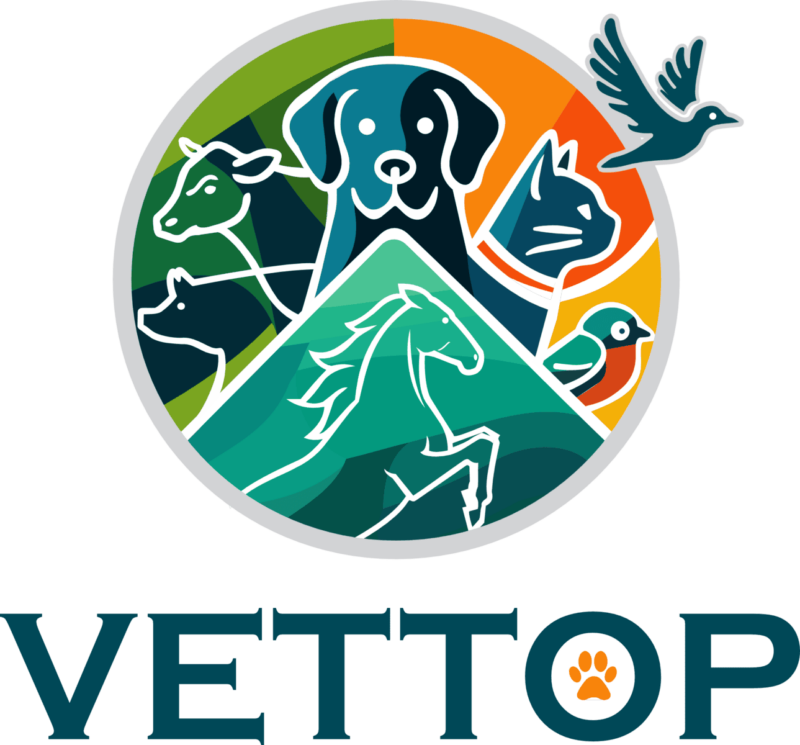Protecting Your Four-Legged Friend: The Importance of Kennel Cough Vaccination
The health of our dogs is a priority for any responsible pet owner. Among the various diseases that can affect our furry friends, kennel cough is one of the most common and contagious. In this article, we'll explore the importance of the kennel cough vaccine, its frequency and possible side effects. We'll understand how this protection can ensure that our dogs live healthy and happy lives.
What is Kennel Cough?
Kennel cough, also known as canine infectious tracheobronchitis, is a highly contagious respiratory disease that affects dogs of all ages. It is caused by a combination of viruses and bacteria, the main agents being the canine parainfluenza virus and the bacterium Bordetella bronchiseptica. This disease is transmitted mainly through direct contact with respiratory secretions from infected dogs, such as coughing, sneezing and even contaminated surfaces.
Symptoms of Kennel Cough
The symptoms of kennel cough can vary from mild to severe. The most common signs include:
- A dry, persistent cough, often described as a "goose" sound.
- Sneezing.
- Runny nose.
- Fever.
- Lethargy.
- Loss of appetite.
In more serious cases, especially in puppies, elderly dogs or those with compromised immune systems, the disease can develop into pneumonia, requiring immediate veterinary treatment.
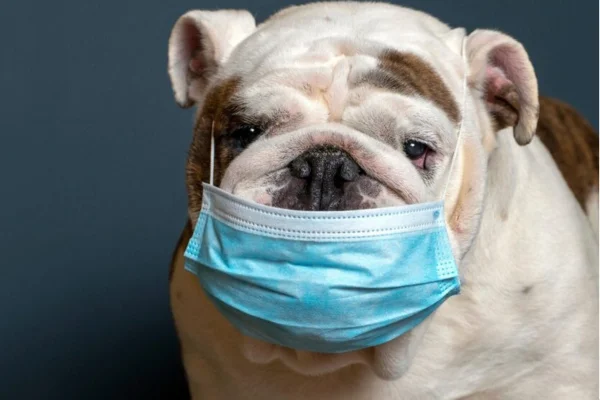
Importance of Vaccination
Vaccination is the most effective way of preventing kennel cough. The vaccine helps prepare the dog's immune system to fight the infectious agents responsible for the disease. Although vaccination does not completely eliminate the risk of infection, it significantly reduces the severity of symptoms and the duration of the disease, as well as reducing the likelihood of transmission to other dogs.
What's more, vaccination is a collective responsibility. By vaccinating your dog, you contribute to group immunity, protecting not only your pet, but also the other dogs it may interact with. This is especially important in places where there is a large concentration of dogs, such as parks, doggy daycare centers and canine events.
Vaccination frequency
The recommendation for vaccination against kennel cough can vary depending on the region and the dog's lifestyle. In general, vaccination is recommended annually. Puppies can receive their first dose from 6 to 8 weeks of age, with subsequent annual boosters. Dogs that attend daycare centers, parks, pet hotels, or participate in competitions and dog shows are at greater risk of exposure and may need even more frequent vaccinations.
Types of Vaccines
There are different types of vaccines available against kennel cough:
- Injectable vaccine: It is administered subcutaneously and is effective against Bordetella bronchiseptica.
- Intranasal vaccine: Applied directly to the dog's nostrils, it provides a rapid and effective immune response against both Bordetella bronchiseptica and the parainfluenza virus.
- Oral vaccine: A more recent option, which is administered orally, also targets Bordetella bronchiseptica.
Each type of vaccine has its advantages and disadvantages, and the choice should be discussed with the vet, taking into account the dog's individual needs. The intranasal vaccine, for example, can offer faster protection, while the injectable vaccine may be preferred in dogs that don't tolerate nasal administration well.
Possible Side Effects
Like any vaccine, the kennel cough vaccine can cause some side effects. However, most of these effects are mild and temporary. The most common side effects include:
- Lethargy.
- Loss of appetite.
- Low fever.
- Swelling or discomfort at the injection site.
- Sneezing or mild runny nose (in the case of the intranasal vaccine).
Serious allergic reactions are rare, but it is important to watch out for signs such as swelling of the face, difficulty breathing, vomiting or diarrhea. If any of these symptoms occur, the dog should be taken to the vet immediately.
Post-vaccination care
After vaccination, it is advisable to observe the dog for a few days to ensure that it does not show any adverse reactions. It is important to avoid stressful situations and strenuous exercise in the first 48 hours after vaccination, to allow the dog's immune system to respond properly to the vaccine.
The Importance of Regular Veterinary Consultation
In addition to vaccinations, regular visits to the vet are essential for your dog's health. During these visits, the vet can assess the animal's general state of health, identify any problems early on and update the vaccination schedule as necessary. These appointments are an opportunity to discuss any concerns you may have about your dog's behavior, diet or well-being.
The Link Between Kennel Cough and Other Respiratory Diseases
It's important to note that kennel cough can be confused with other respiratory diseases due to the similarity of the symptoms. Conditions such as dog flu and other viral or bacterial infections can present with a cough and runny nose. Therefore, an accurate diagnosis is crucial for proper treatment. Vaccination against kennel cough does not protect against all respiratory diseases, but it is an important preventative measure against one of the most common.
Remember that the best approach is always to talk to your trusted veterinarian. He or she will be able to provide you with detailed information about your dog's specific needs, ensuring that he or she receives the best possible protection. With proper care and regular vaccinations, you'll be ensuring a healthier and happier life for your canine companion.
The Importance of Tutor Involvement
The guardian's role is crucial in maintaining their dog's health. As well as ensuring that vaccinations are up to date, it's important to pay attention to any changes in the animal's behavior or health. Persistent coughing, listlessness or any other unusual symptom should be reported to the vet as soon as possible. Prevention and ongoing care are the best ways to ensure that your four-legged friend lives a long and healthy life.
Conclusion
Looking after a dog is a commitment of love and responsibility. Vaccination against kennel cough is an essential part of this care, protecting not only your pet, but also all the dogs it interacts with. By understanding the importance of this vaccine and ensuring that it is administered as necessary, you will be doing your part to promote the health and well-being of the entire canine community.
Kennel cough is a common but potentially serious disease, especially in vulnerable dogs. Vaccination is an essential tool for protecting your four-legged friend against this contagious infection. By keeping vaccinations up to date, you not only protect your dog's health, but also contribute to the collective health of dogs in your community.
http://Leiturinhakids.com
